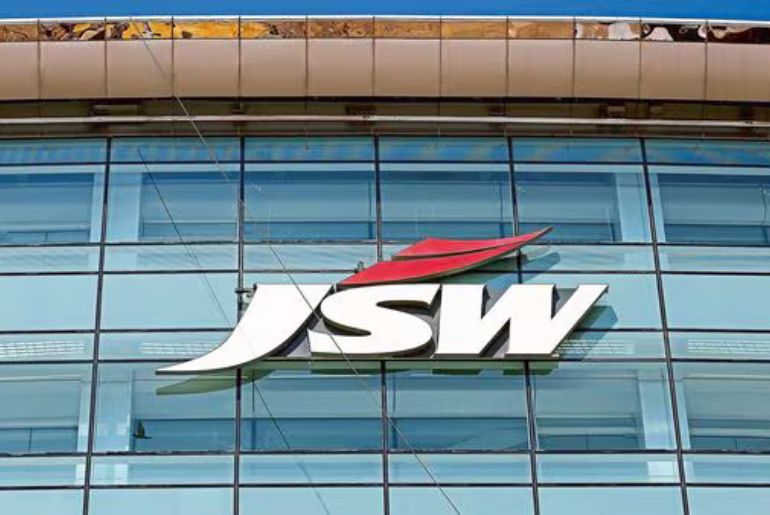In a strategic push to strengthen India’s energy storage ecosystem and curb dependence on China, JSW Group is reportedly in advanced discussions with leading companies from Japan and South Korea to form a joint venture (JV) for battery cell manufacturing in India. The move aligns with India’s broader efforts to localise electric vehicle (EV) and clean energy supply chains amid growing global competition in the battery sector.
According to some reports, JSW Group aims to collaborate with technologically advanced partners from Japan and South Korea—two of the world’s most established battery innovation hubs—to establish a large-scale battery cell production facility in India. The proposed JV is expected to cater to multiple sectors, including electric mobility, renewable energy storage, and grid-scale applications.
Strategic Shift Away from Chinese Reliance
The development comes at a time when China has tightened its export policies around critical battery cell and anode technologies. These restrictions have prompted global players, including Indian conglomerates like JSW, to explore alternative technology partnerships to ensure self-sufficiency in the energy storage process.
JSW’s planned JV aims to reduce India’s reliance on Chinese imports for key battery components and bolster domestic manufacturing under the government’s “Make in India” and “Atmanirbhar Bharat” (self-reliant India) initiatives.
Plans and Expected Timeline
Sources close to the matter anticipate a decision on the joint venture structure and partners by March 2026. The entity may be set up as a new standalone venture or as part of one of JSW’s existing business arms, depending on investment and strategic alignment.
JSW already maintains strong international relationships with several Japanese and Korean corporations, including JFE Steel and Toshiba, which could play a pivotal role in advancing this collaboration.
Expanding EV and Energy Footprint
JSW Group has been aggressively expanding its presence in the electric vehicle (EV) and clean energy domains.
-
JSW Motors, a wholly-owned subsidiary, is preparing to launch its first electric two- and four-wheelers. Its Sambhaji Nagar (Aurangabad) facility will house production lines for EVs, battery packs, and eventually, battery cells.
-
Meanwhile, JSW MG Motor India, a joint venture with China’s SAIC Motor, has rapidly climbed to become India’s second-largest EV manufacturer, following Tata Motors.
The new battery JV is expected to provide a secure domestic source for advanced lithium-ion cells, a critical component for EVs and energy storage systems.
India’s Growing Battery Market
India’s demand for lithium-ion batteries is projected to grow exponentially to 150 GWh by 2030, driven by the EV transition and renewable energy integration. With domestic manufacturing capacity still limited, conglomerates like JSW, Reliance, and Tata are investing heavily to bridge this gap and establish India as a global battery manufacturing hub.
Industry Outlook
Analysts suggest that JSW’s collaboration with Japanese and Korean firms could bring advanced cell chemistry, materials technology, and manufacturing know-how to India. The move will also support India’s strategic vision of creating an independent battery supply chain—crucial for its energy security and green mobility future.

